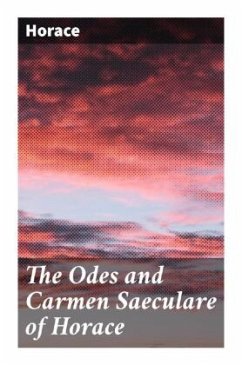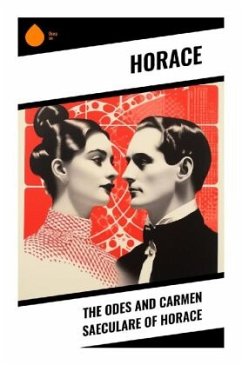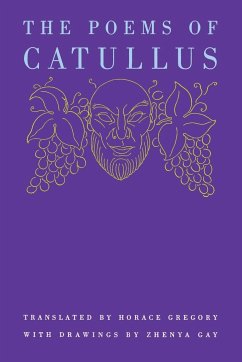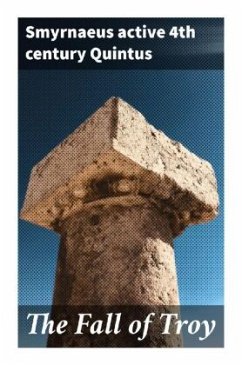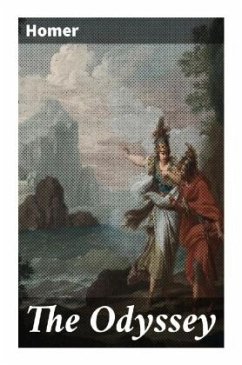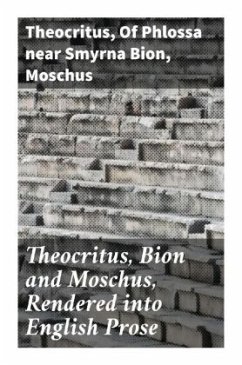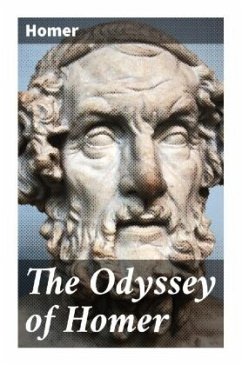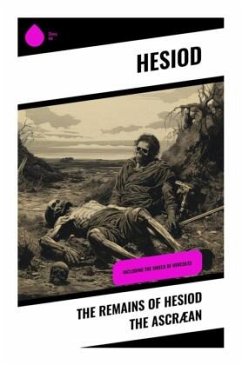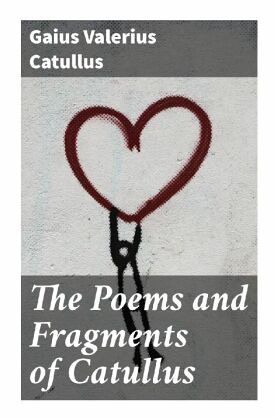
The Poems and Fragments of Catullus
Translated in the Metres of the Original
Übersetzung: Ellis, Robinson
Versandkostenfrei!
Versandfertig in 6-10 Tagen
10,99 €
inkl. MwSt.

PAYBACK Punkte
5 °P sammeln!
Gaius Valerius Catullus, a pivotal figure of Roman literature, is renowned for his collection, "The Poems and Fragments of Catullus," which encapsulates the raw emotions of love, rivalry, and satire that pervaded the late Roman Republic. His poetic style, characterized by vivid imagery, innovative meter, and a conversational tone, enables readers to navigate the intricacies of personal relationships and social commentary. The work is not merely a reflection of his experiences but serves as a lens through which the complexities of the Roman social milieu can be understood, marked by the poet's ...
Gaius Valerius Catullus, a pivotal figure of Roman literature, is renowned for his collection, "The Poems and Fragments of Catullus," which encapsulates the raw emotions of love, rivalry, and satire that pervaded the late Roman Republic. His poetic style, characterized by vivid imagery, innovative meter, and a conversational tone, enables readers to navigate the intricacies of personal relationships and social commentary. The work is not merely a reflection of his experiences but serves as a lens through which the complexities of the Roman social milieu can be understood, marked by the poet's exploration of tenderness and rage across various themes, such as romance and invective. Catullus lived during a time of significant political upheaval, a context that undoubtedly influenced his writing. His background, steeped in the social elite yet marked by personal and unrequited love, particularly with Lesbia, adds layers of poignancy and realism to his poetry. This intimate connectionwith his subjects and emotional landscape has informed generations of poets, artists, and scholars, offering insights into the human condition and the interplay of desire and despair. Readers seeking to immerse themselves in the complexities of love and language will find Catullus's work indispensable. His poems resonate with authenticity and emotional depth, making them not only a vital part of classical literature but also timeless reflections on the human experience. "The Poems and Fragments of Catullus" invites us to explore the enduring power of poetry and its ability to transcend ancient boundaries, speaking to universal themes that continue to captivate.



